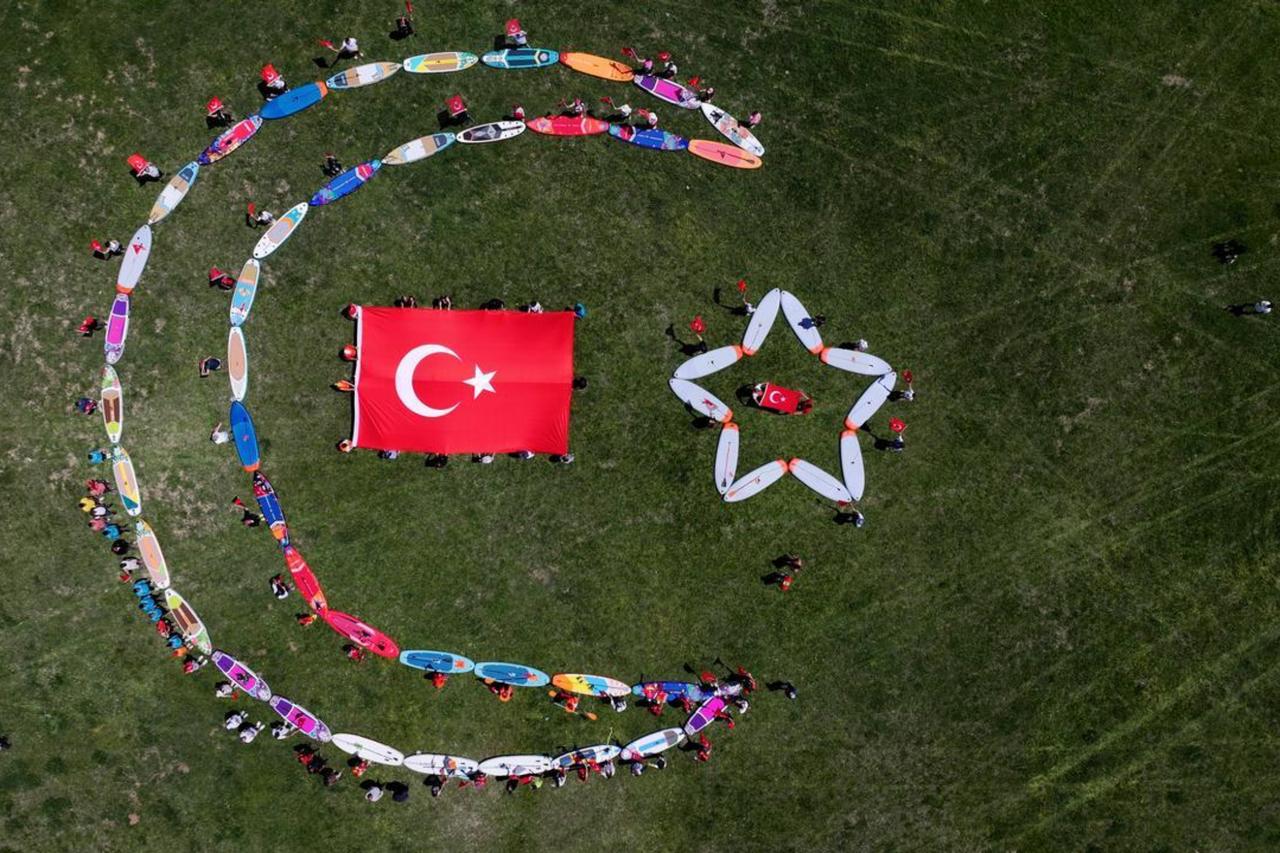
Türkiye’s young voters are growing increasingly distant from traditional politics. While they dominate social media discussions, their presence at the polls is steadily declining. Behind this silence lies not apathy but frustration, distrust, and a sense of exclusion from the country’s decision-making process.
Across Türkiye, many voters under 25 say politics no longer speaks to their realities. For this generation, elections feel like a ritual that changes little in their daily lives.
“I’ve voted once, but nothing got better—prices, jobs, rent—all stayed the same,” said one university student in Istanbul, echoing sentiments expressed in a 2024 KONDA survey showing that over 60% of young voters feel their vote doesn’t impact political outcomes.
This sentiment reflects a growing disillusionment among Türkiye’s youth, who are grappling with rising living costs, limited job opportunities, and a widening gap between promises and reality.
Generation Z in Türkiye hasn’t abandoned politics entirely—they’ve simply reshaped it.
Instead of joining party rallies or youth branches, young people are taking their activism online. From environmental campaigns to gender equality debates, social media has become their political arena.
Platforms like Instagram, TikTok, and X allow them to express views instantly and publicly—a form of participation they find more transparent than the ballot box.
Yet, this digital momentum rarely converts into voter turnout. As a communication student puts it, “Posting a story feels faster than waiting four years to see no results.”
Behind this generational withdrawal lies a deeper economic reality.
Youth unemployment, unaffordable rents, and inflation have turned political engagement into a luxury.
For many, survival now comes before civic duty. Students across Türkiye say no party has offered realistic answers to their most urgent needs—affordable housing, scholarships, or stable employment.
Until those problems are addressed, politics will remain, in their words, “a show for others.”

Many young people in Türkiye say they feel invisible in the nation’s political conversation. Despite representing a large share of the electorate, they rarely see people their age in parliament or on party lists.
Decision-making, they say, remains dominated by older men.
Issues that matter most to them—climate change, digital rights, equality, and education—are often sidelined.
This sense of exclusion reinforces the idea that voting is meaningless when “the system doesn’t see you.”
Analysts suggest that staying home on election day may not signal apathy but rather a subtle protest.
Refusing to vote, they argue, has become a form of dissent—a way of rejecting a political landscape perceived as stagnant and self-serving.
“Not voting is my statement,” said a 22-year-old first-time voter from Ankara, reflecting a broader frustration seen in recent youth polls by IPSOS, which revealed that nearly half of Türkiye’s Generation Z voters are undecided or disinterested in elections.
This quiet defiance, experts warn, could reshape the future of Türkiye’s democracy if ignored.

Public trust in political institutions has sharply declined among Türkiye’s youth, according to a 2024 MetroPoll study. From parliament to local administrations, young citizens report low levels of accountability and transparency, a sentiment echoed in OECD’s indicators for Türkiye.
“When politicians lie or switch sides overnight, how can we take them seriously?” asked one graduate from İzmir.
As a result, many have shifted their focus toward civil initiatives, local movements, and volunteering—spaces where they can create visible change outside party politics.
With politics seen as distant and unresponsive, Türkiye’s youth are forming their own micro-communities.
Art collectives, climate groups, and social start-ups have become safe spaces for expression and purpose. Here, they say, their voices matter—unlike in traditional politics.
Sociologists note that these small-scale initiatives often succeed in engaging young people precisely because they are “horizontal, not ‘hierarchical’—the opposite of Türkiye’s rigid party structures.”